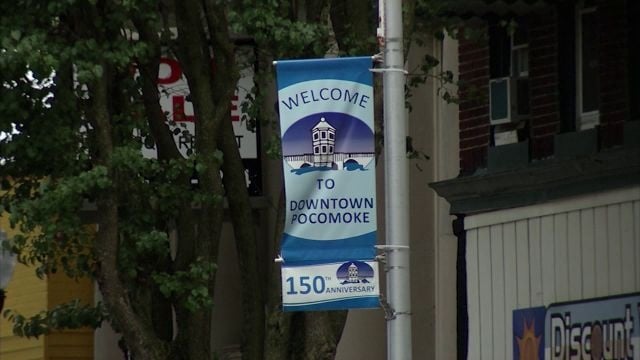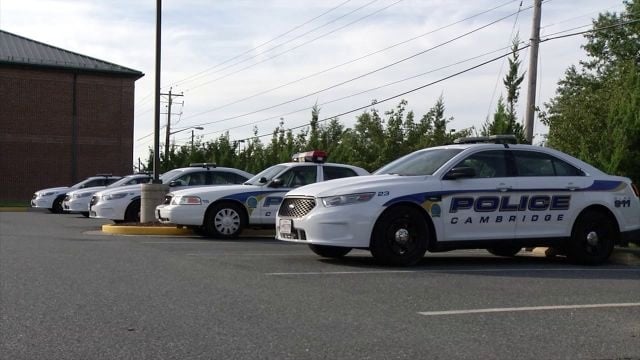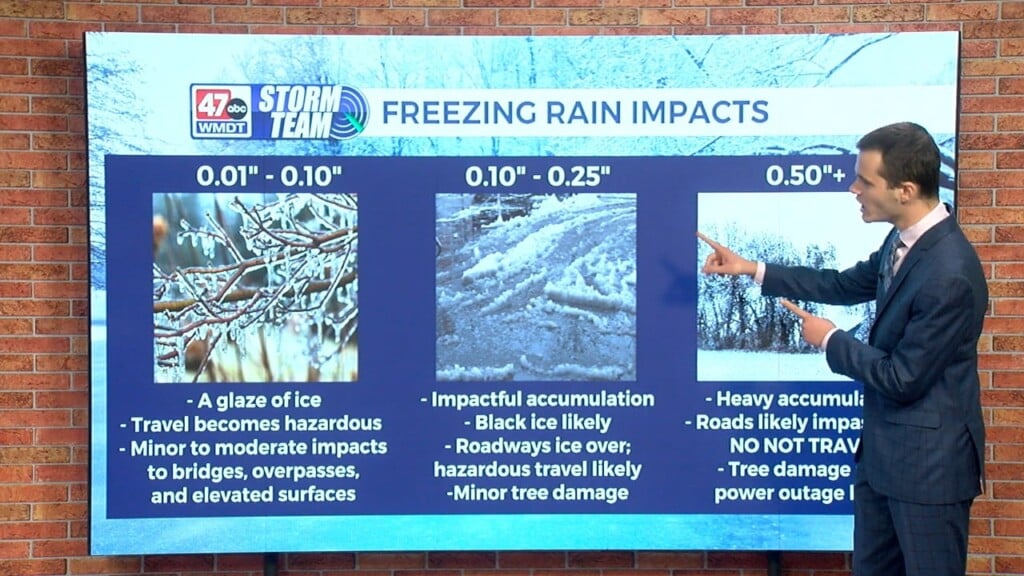UPDATE: ACLU expresses concern over Pocomoke City election

The ACLU, and the group Citizens for a Better Pocomoke, have sent a letter to the city, saying part of their decision to re-hold a municipal election, can be considered unconstitutional.
This comes after Pocomoke City held an election on Tuesday, for two city council seats. Incumbent Diane Downing ran in District 2 unopposed, but in District 1, incumbent George Tasker was been challenged by Shelia Nelson. During the counting of the 132 ballots submitted, there was apparently a five vote discrepancy, in which those five votes did not register.
So, the City Board of Election decided they could not certify the results. The City then decided to hold another election, in which they would allow the same 132 voters to vote again, via absentee ballot, or a designated polling place. This is what the ACLU is claiming is unconstitutional.
According to the letter, the ACLU says everyone in District 1 should be allowed to come out and vote, not just the people who voted in the election this week. The ACLU is apparently giving the City until business ends on Monday, to respond to the letter; after that they say they will “take action accordingly.”
When 47 ABC reached out to Mayor Morrison, he declined to comment.
ACLU of Maryland and Citizens for a Better Pocomoke statement can be found below:
April 8, 2016
VIA ELECTRONIC MAIL
Chairman John Haynie Pocomoke City Board of Election Supervisors 101 Clarke Avenue Pocomoke City, Maryland 21851 Dear Mr. Haynie:
I write on behalf of the American Civil Liberties Union of Maryland and Citizens for a Better Pocomoke, concerning the District 1 election held April 5, and problems with the voting machine used during the process. As we understand it, the Election Board has declined to certify the election results due to discrepancies in the count caused by machine error, and has recommended that the election be re-run. We agree that rerunning the election is necessary in this situation.
However, the Election Board’s proposal that balloting in the new election be conducted by absentee ballot and be limited to only those voters who participated in the April 5 election is unacceptable and must be rejected. In situations where elections are invalidated due to error, causing the need for an election to be run anew, the government is constitutionally required to conduct the new election in a completely free and open manner, not to limit the new election in any way that continues the taint of the invalidated election. See, e.g., Bauer v. Soto, 277 Conn. 829 (Conn. S.Ct. 2006) (even when problems with election machine affected only one of 14 voting districts, entirely new, citywide election open to all voters was required to remedy the problem.)
To limit the new election in the manner proposed by the Election Board would be unconstitutional. Ayers-Schaffner v. DiStefano, 37 F.3d 726 (1st Cir. 1994) (Right to vote in new, curative election for seats on school committee could not constitutionally be restricted to those who had participated in original, defective election; primary objective of second election was to choose, through valid procedures, candidates supported by majority of eligible voters, and not to recreate particular condition surrounding original election); Broadhurst v. City of Myrtle Beach Election Commission, 342 S.C. 373 (S.C. S. Ct. 2000) (proper remedy for voting machine’s failure was an entirely new election between all three runoff candidates open to all qualified voters in all precincts.) Accord, Partnoy v. Shelley, 277 F.Supp.2d 1064 (S.D. Calif. 2003) (statutory requirement that no vote cast in forthcoming gubernatorial recall election be counted unless the voter also voted on the recall question itself unlawfully effected a violation of voters’ free speech, due process, equal protection, and other constitutional rights); In re Hickenlooper, 312 P.3d 153 (Colo. S.Ct. 2013) (state constitutional provision requiring those who wished to vote for a successor candidate in a recall election to also cast ballot on recall issue violated First Amendment).
This is not a close question. As the Court ruled in the Distefano case, which is directly on point: “The right to vote ‘is of the most fundamental significance under our constitutional structure,’ and depriving a qualified voter of the right to cast a ballot because of failure to vote in an earlier election is almost inconceivable.” 37 F.3d at 727, quoting Burdick v. Takushi, 112 S.Ct. 2059, 2063 (1992).
In addressing arguments that a second election to correct flaws in an earlier election is somehow different, allowing the sort of restrictions the Election Board proposes here, the Distefano Court ruled:
The original election was defective and invalid, and the Board deemed its results unreliable. The primary objective of the second election therefore must be viewed as identical to that of the original one, to choose through valid procedures the candidates supported by a majority of the eligible voters.
37 F.3d, at 728. Exclusion of voters who had not voted in the first election from the second election blocks them from participating in the only election that counts, the court ruled, concluding: It bears repeating that “[t]he right to vote is one of the most important and cherished constitutional rights,” Leaks v. Board of Elections of the City of New York, 58 N.Y.2d 882, 883, 447 N.E.2d 42, 43, 460 N.Y.S.2d 494, 495 (1983). In a fresh election designed to determine which candidates are supported by a majority of the properly registered voters, we cannot conceive of a governmental interest sufficiently strong to limit the right to vote to only a portion of the qualified electorate.
Id. at 731.
The same holds true here. For these reasons, we urge Pocomoke City to schedule a new, curative election open to all District 1 residents, with advance notice to the candidates and the electorate in order to provide sufficient opportunity for all to prepare.
Please advise us as soon as possible and by no later than close of business on Monday, April 11 as to your intentions in this regard. If we do not hear from you by that date, we will conclude that you intend to proceed with the Board’s proposal to conduct an unlawfully restricted election, and will take action accordingly.
You can reach me by telephone at 410-889-8550, ext. 120. Given time constraints, we appreciate your urgent attention to this matter.
Sincerely,
Deborah A. Jeon Legal Director
cc: William C. Hudson, Esq. Mayor Bruce Morrison


